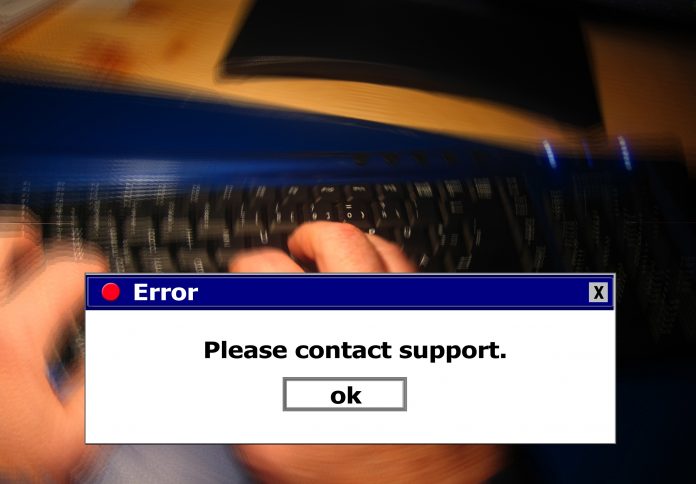Doctors make mistakes. No-one really likes to admit it or think about it or talk about it, but it happens all the time.
We are imperfect people, working with other imperfect people, with an imperfect science, in an imperfect world, and sometimes things go wrong.
Medical error is now known to be a leading cause of death and disability in hospitals in particular, and there are probably more mistakes made than are detected … as the saying goes: “Doctors bury their mistakes.”
Doctors are by nature kind and caring beings, and the last thing we would want to do is to hurt someone.
We are also perfectionists, and find it personally devastating when things don’t go perfectly well. We blame and shame ourselves, and this can lead to depression and even suicidal thoughts and actions.
We never think that we personally are going to make a mistake, but if we work long enough and live long enough, sooner or later we will, not just in medicine, but in life.
So how can we take care of ourselves as well as others when the inevitable happens, and we make a mistake, particularly if it leads to harm?
Here are some tips on how to care for yourself when you have made a mistake.
- Don’t give yourself a hard time
We tend to be very hard on ourselves and expect perfection of ourselves at all times, which is not humanly possible.
Allow yourself to be human and to have human frailties.
Be gentle and kind with yourself and treat yourself with the care and compassion you would offer a friend or loved one, for your loved ones should include you!
- Be honest with yourself about what has happened and your part in it
Don’t go into self-blame or judgement, but don’t go into blaming others either.
Be honest about your part in the process and learn from it. As the saying goes: “It is only a mistake if you don’t learn from it.”
- Get support
Don’t try and do this alone. It is a very difficult time and a period of high risk to your physical, emotional and mental health.
Tell people you trust what is going on for you, whether it be family, friends, a colleague, or someone independent who can offer wise counsel.
- Let your medical defence organisation know what has happened
If something has happened that has caused harm to another, let your defence organisation know from the outset. Don’t wait for a complaint to come in. Be honest and up front with them and you may find them a great support and able to offer sage advice as to what your next steps should be.
- Be honest with your patient and their family
Patients are more understanding than we may think when it comes to mistakes. If you have made a mistake, the important thing is to let them know as soon as you know, and to express your sorrow that it has happened, and your care for them and your assurance that you will do everything in your power to support them.
There is nothing worse than seeing a patient for a second opinion whose doctor has brushed them off when something has gone wrong – that is another and even greater hurt on top of the hurt they have already suffered.
- Be honest with your colleagues
Share your experience with your colleagues and students so that they can learn from it without having to make the same mistake themselves. In this way we develop the best possible care we can for everyone and we develop trust and rapport with each other and open up the lines of communication so that other people are more likely to be honest and open when they find themselves in the same position.
We all make mistakes. The question is not whether we will, but when we will. Part of being a great doctor is learning how to handle the inevitable when mistakes are made, in a way that does not add to the harm, by treating our patients, our colleagues and ourselves with the kindness and compassion we would offer a friend. Part of the reason medical errors are so high is that we practise in an environment that fosters shame and isolation when things go wrong.
We need to break down these barriers by being honest with ourselves, honest with our patients and honest with our colleagues when things go wrong and treating ourselves with care, kindness and compassion. Caring for ourselves is the first step towards restoring a medical system that offers true care for all.









